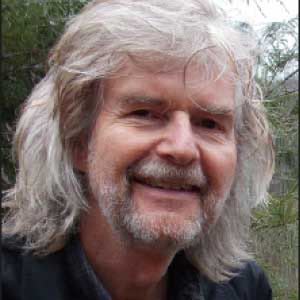Weaving together scripture, theological analysis, discussion and prayer, a workshop at the outreach conference asked a bold question: what if the Church took the climate crisis seriously?
Led by Karen Turner, a member of the Bishop’s Committee on Creation Care and the creation care group at Redeemer, Bloor St., participants explored how we’ve gotten into our current dilemma. Ms. Turner pinpointed what she termed a “distorted Christian legacy” that placed humankind at the pinnacle of creation, rather than seeing us as interconnected with the natural world. That worldview helped validate an interpretation of scripture as justifying our domination of the Earth.
Nor are the consequences for the land of human pride and greed limited to the creation accounts found in Genesis, noted Ms. Turner, pointing to the words of the prophet Hosea:
God has an indictment against the inhabitants of the land.
There is no faithfulness or loyalty,
and no knowledge of God in the land.
There is only cursing, lying and murder, stealing and infidelity
These things run rampant throughout the land…
Therefore the land mourns,
and all who live in it languish;
together with the wild animals
and the birds of the air,
even the fish of the sea are perishing. (Hosea 4: 1-3)
Participants shared their feelings about the climate crisis, with words like “despair” and “depression” popping up, along with “hope.” Ecological grief is something we need to acknowledge, said Ms. Turner, along with high rates of anxiety, detailed in a book called Generation Dread by Britt Wray.
“The Church’s theology and liturgy need to change to reflect our place in creation,” she said. Participants mentioned a range of environmental activities their parishes and they as individuals are doing, but some urged bolder steps – including possibly walking away from church buildings that are hard to heat and holding services outdoors, something occurring through the “wild church” movement. We can be open to Indigenous beliefs and scientific learnings and apply them to our sacred texts. Author Brian McLaren’s new book Life After Doom can provide insights.
Ms. Turner also recommended Sacred Earth, Sacred Soul by John Phillip Newell, which outlines the theology and worship of the early Celtic church. Celtic Christian thought about our relationship to Creation is similar to the understanding and experience of many Indigenous peoples. “One can’t help but wonder where we would be today if the Celtic understanding of the gospel had dominated back in the 11th century, remaining counter-cultural, instead of being suppressed by the dominating Roman version, aligned with the empire of the day,” said Ms. Turner.





What are we really communicating on social media?